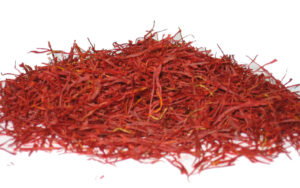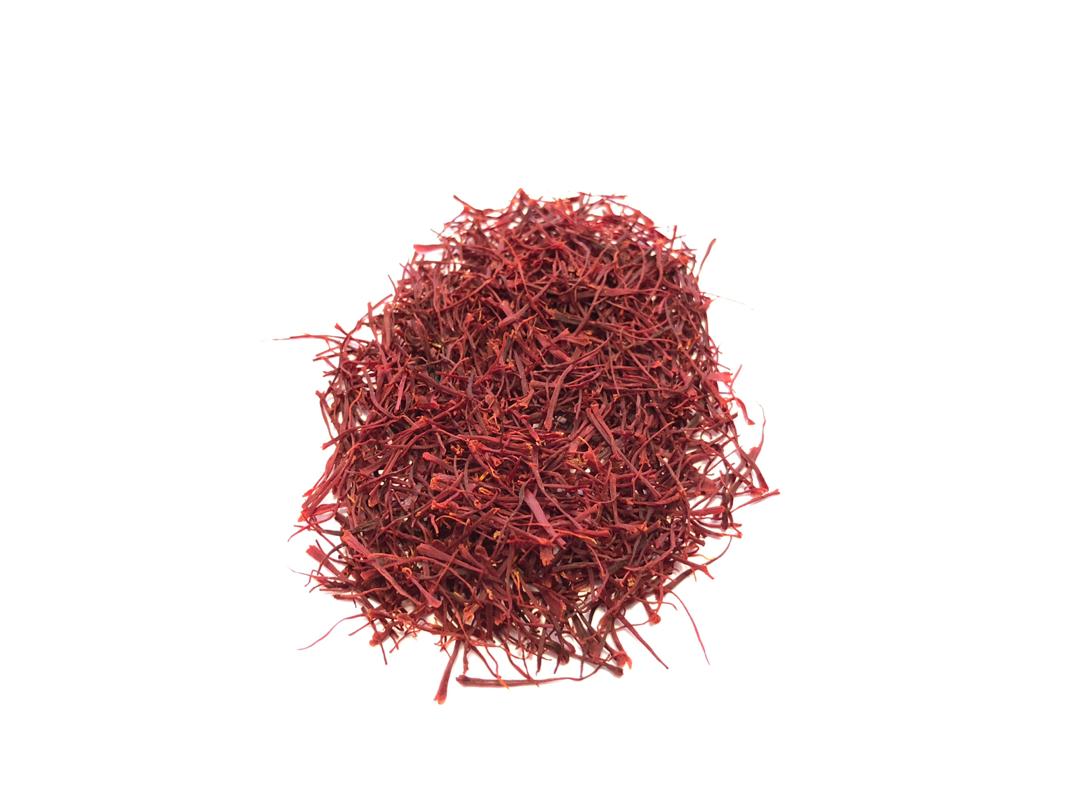A Guide for Expecting Mothers
Saffron, a highly prized spice known for its distinct aroma, flavor, and numerous health benefits, has been used for centuries in cooking and medicine. During pregnancy, many women wonder if consuming saffron is safe and whether it offers any unique benefits. Here, we’ll dive into the potential advantages, safety considerations, and recommended guidelines for using saffron during pregnancy. Can We Eat Saffron During Pregnancy?

Is Saffron Safe to Consume During Pregnancy?
Saffron can be safely consumed during pregnancy in moderate amounts, especially when used as a seasoning or added to foods and drinks in small quantities. However, because saffron is potent and can have strong effects, it’s essential to limit intake and follow guidelines for safe use.
- Small Amounts Recommended: Experts generally advise consuming no more than a few strands of saffron per day during pregnancy, which is enough to add flavor and gain mild health benefits without causing adverse effects.
- Trimester Timing: Pregnant women are advised to wait until the second trimester to start using saffron, as this period is considered safer for both mother and baby. Early pregnancy may be more sensitive to any strong herbs or spices. Can We Eat Saffron During Pregnancy
Potential Health Benefits of Saffron During Pregnancy
When used in moderation, saffron offers several potential benefits for expecting mothers. Known for its antioxidant and anti-inflammatory properties, saffron can positively impact a pregnant woman’s well-being in various ways.
- Mood Enhancer: Pregnancy can often bring emotional changes, and saffron is known for its potential mood-boosting properties. Compounds in saffron can help elevate mood, reduce stress, and support mental well-being.
- Improves Digestion: Digestive issues are common during pregnancy. Saffron is believed to promote better digestion, potentially reducing discomfort from gas and bloating.
- Supports Sleep: Hormonal shifts in pregnancy can sometimes disrupt sleep. Saffron may help relax the mind and body, encouraging a restful night’s sleep.
- Anti-Inflammatory Properties: With its high antioxidant content, saffron may help reduce inflammation and support the immune system, providing general support for a healthy pregnancy.
How to Incorporate Saffron into a Pregnancy Diet
Incorporating saffron into your diet is simple, but remember that moderation is key. There are several safe ways to enjoy saffron and its benefits without overconsumption.
Simple Saffron Recipes for Expecting Mothers
- Saffron Milk: A popular way to consume saffron during pregnancy is by adding a few strands to warm milk. This helps extract the flavor and health benefits. Simply add two or three strands of saffron to a glass of warm milk, stir well, and enjoy before bedtime.
- Saffron Rice or Curries: Adding saffron to rice or curries is another safe method. A few strands added toward the end of cooking can infuse dishes with flavor and color, enhancing both taste and presentation.
- Herbal Saffron Tea: For a relaxing drink, add a couple of saffron strands to hot water along with ginger or honey. This can be soothing and safe for pregnant women when consumed in moderation.
Precautions When Using Saffron During Pregnancy
While saffron offers benefits, pregnant women should take certain precautions to ensure it is used safely:
Important Safety Tips
- Avoid Excessive Use: Excessive consumption of saffron is not recommended, as it can lead to dizziness, nausea, and, in rare cases, uterine contractions. Always stick to just a few strands per day.
- Consult a Doctor: Before adding saffron to your diet, consult your healthcare provider. Every pregnancy is unique, and it’s essential to get personalized advice.
- Avoid Saffron Supplements: Pure saffron strands are generally safer than supplements, which may contain concentrated doses that could pose risks during pregnancy.
https://driedfruitexporter.com/discover-the-ben…ugar-dried-fruit/
Look for Quality Saffron
When buying saffron, choose high-quality, pure saffron from reputable sources. Poor-quality saffron may be adulterated, reducing its potential benefits and introducing unwanted additives. Authentic saffron threads are dark red with a distinct aroma; avoid products that look dull or overly brittle.
https://driedfruitexporter.com/discover-the-ben…ugar-dried-fruit/
